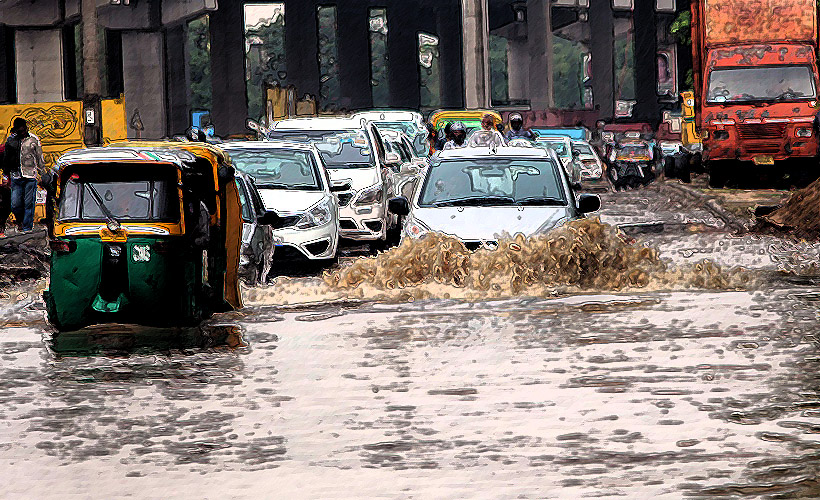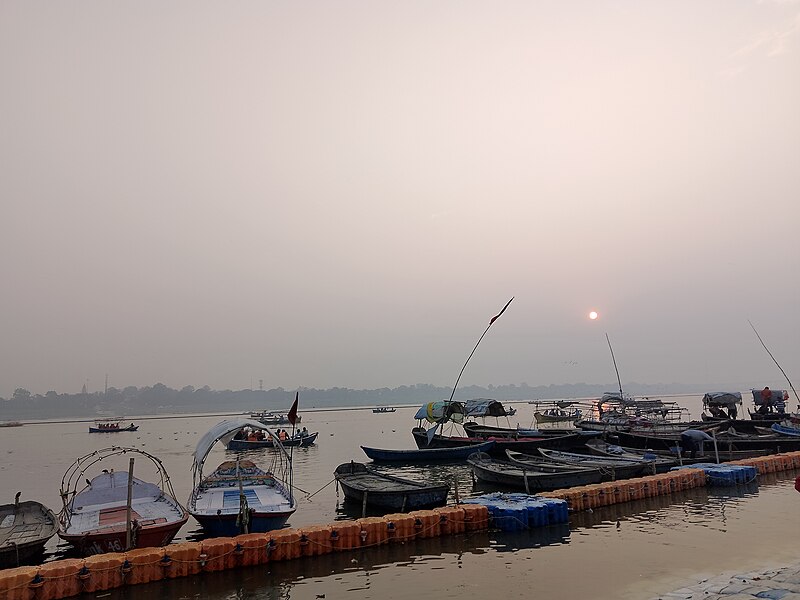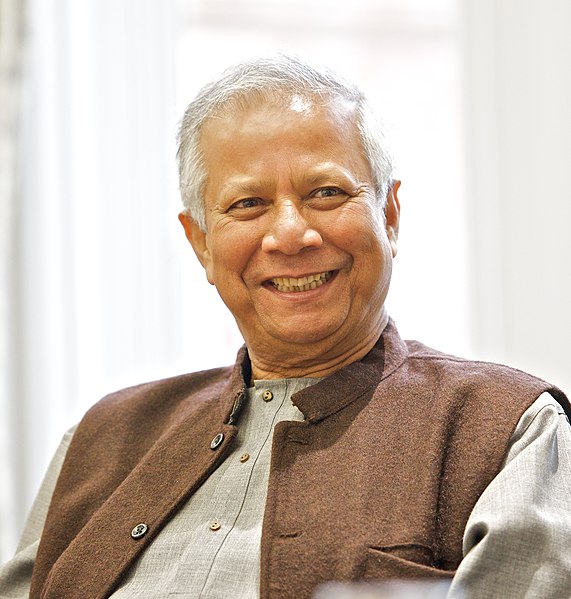Sinking metropolises and smart cities
Ravi Shanker Kapoor | July 29, 2016 8:25 pm

rain water logging in the city, in gurgaon, on thursday,july 28, 2016.
Even as Prime Minister Narendra Modi, his government, and his bhaktas are busy in coining catchy slogans and chic buzzwords to promote ‘smart cities,’ the monsoon this year has exposed as much the incompetence of the Modi dispensation as the rickety infrastructure of the existing, un-smart metropolitan centres—Gurgaon, Mumbai, and Bangalore. And we are not even talking about the floods in smaller towns and states where natural calamities have been accepted as a fait accompli.
So, Gurgaon, which many of us proudly call the ‘Millennium City,’ remained choked for hours as traffic inched on National Highway 8. A watercourse carrying storm-water, called the Badshahpur Drain, got breached, leading to several feet of water-logging in the surroundings and the clogging of the arterial road for long hours. Road Minister Nitin Gadkari had to direct the National Highways Authority of India (NHAI) to rush officers to Gurgaon where chaos reigned; Section 144 had to be imposed in the area; schools have been shut down for two days. A spell of heavy rain has sunk the Millennium City and brought the administration to its knees.
The ‘Maximum City,’ as Mumbai has been touted, fared little better—long jams, people getting late by hours to reach their destinations. Heavy rains on Thursday, 110 mm, meant immense inconvenience to commuters.
Then there is Bangalore, the so-called Silicon Valley of India or IT Capital of India. Normally chaotic, rains made it a picture of apocalyptic flood. Boats are being used to evacuate stranded residents; people are fishing on streets. 3.20 pm: It’s an absolute shame. Industrialist Kiran Mazumdar Shaw tweeted: “Incessant rains have created lakes across the city. Traffic is in a gridlock”; “Gridlock in Bengaluru—poor foresight in planning n apathetic denial by policy makers.”
Another IT hub, Hyderabad, has been suffering for quite some time because of downpour; massive traffic jams have been reported.
Last year, Chennai was deluged; a few years earlier, Mumbai was submerged. There have been 24/7 reporting; there is public outcry and media outrage; ministers and officials are regularly castigated for their incompetence and lethargy—to no avail.
For politicians are not just callous but also shameless. Nothing else can explain their proclivity to settle political scores against the backdrop of calamity. So, Haryana Chief Minister Manohar Lal Khattar, instead of steadying the administration, blamed his Delhi counterpart Arvind Kejriwal and his deputy, Manish Sisodia, for the flooding in Gurgaon. Sidodia tweeted, “Changing the name from Gurgaon to Gurugram would not trigger development. Policies have to be made and implemented. Smart phrases will not break the [traffic] jam.”
Needless to say, Kejriwal and Sisodia, while trading allegations with Khattar, remained blasé in the face of reports about water-logging and traffic snarls in the national Capital. For them, it is politics as usual.
Politics and administration as usual, however, were not what people had voted Modi for. When he became Prime Minister in May 2014, it was expected of him to rectify the system, ensure better coordination between various agencies, plug the gaps, and improve, among other things, urban infrastructure. Two years down the line, he is still making speeches, peddling meretricious ideas, and promoting futuristic schemes like smart cities.
I will once again quote from the official document: “In the approach of the Smart Cities Mission, the objective is to promote cities that provide core infrastructure and give a decent quality of life to its citizens, a clean and sustainable environment and application of ‘Smart’ Solutions. The focus is on sustainable and inclusive development and the idea is to look at compact areas, create a replicable model which will act like a light house to other aspiring cities. The Smart Cities Mission of the government is a bold, new initiative.”
Well, Mr. Prime Minister, we will be happy if and when any smart city comes into being. Smart solutions, inclusive development, bold initiatives are very good. Meanwhile, however, it would be nice of you if the administration and the infrastructure of our existing cities are made… well, just functional. Don’t promise us the moon; just make the earth a little habitable.





























